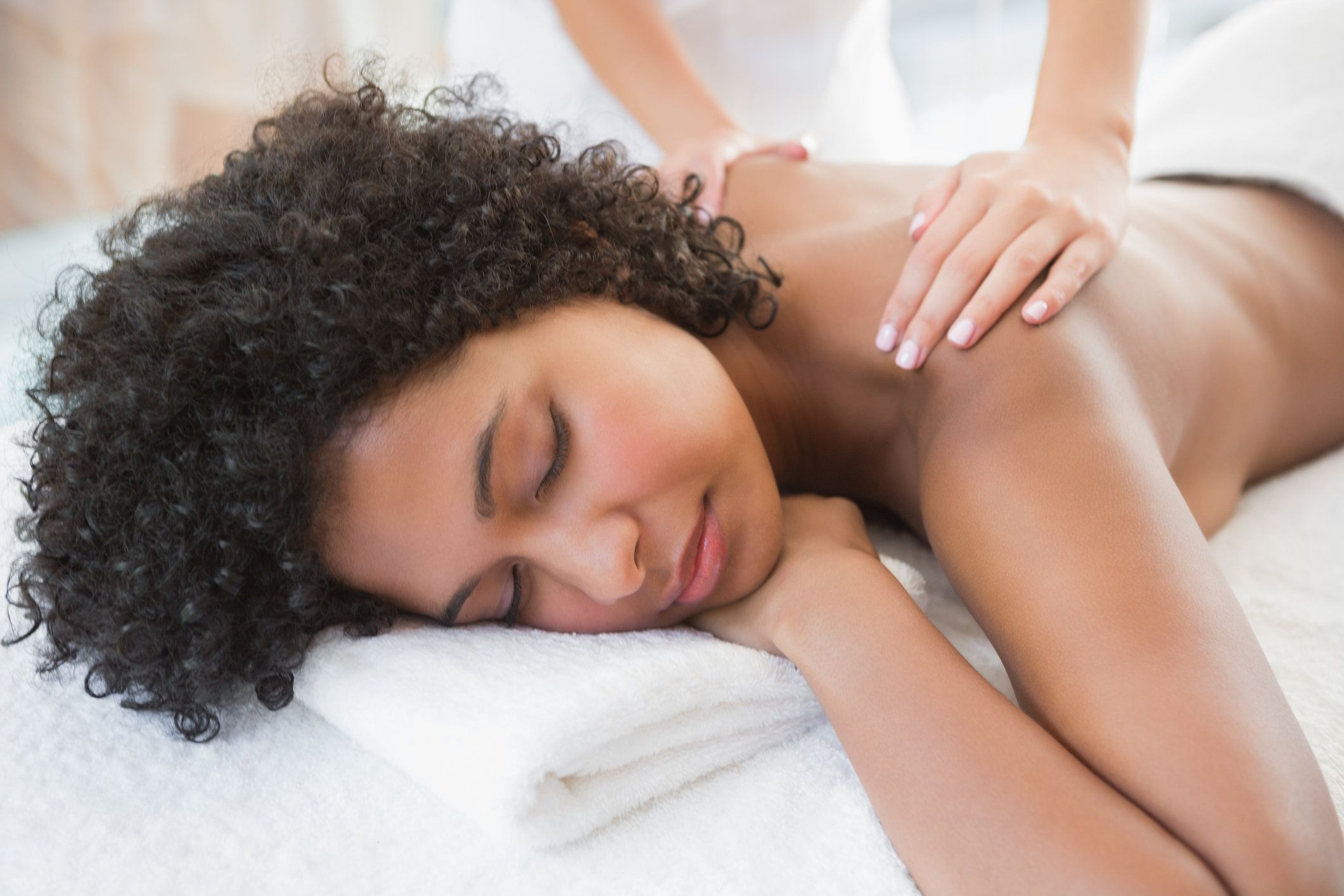Having just returned from Arizona where I was lucky enough to spend a few glorious days at Miraval Spa in Tucson, I must admit I'm feeling both fortunate and frustrated. Fortunate that I got to experience a beautiful, restful place and the most divine, mood-altering Thai massage. Frustrated because the massage therapist refused to fly home with me and take up permanent residence in my house. Even more frustrated because when I got home, I did an Internet searched for a Thai massage practitioner (thinking I could drop some hints to my hubby for an early birthday present) and came up empty.
Thai massage is different than a traditional massage. You remain fully clothed, and no oils are used. You lie on the floor on a padded mat, where the therapist gently eases your body into deep yoga-like stretches (that you thought would be absolutely impossible to achieve), incorporating muscle compression and acupressure. It's both energizing and relaxing.
While I'd be thrilled to find a Thai massage practitioner nearby, I love all massages. If I could be granted one wish, cost notwithstanding, it would be to have a massage every week. If that's too much, I'll take one every month.
But that's not to be. For me, it's an occasional indulgence, usually when I'm on vacation and want to do something special for myself.
Yet a massage is not always strictly an indulgence. Recently, researchers who studied 400 patients, made up of mostly middle-aged white females with chronic low-back pain lasting for at least three months, proved that.
Low-back pain is no doubt something you've experienced at some point in your life; it's one of the most common reasons people seek medical attention. A whopping 80 percent of adults have an episode at sometime in their lifetimes. Yet despite the fact that is so common, it's very tough to treat. Medications, surgeries and injections are many times used to no avail.
The recruits were divided into three groups that were randomly assigned treatments: one group received a weekly series of whole-body relaxation massage (better known as a Swedish massage, which promotes overall relaxation), one had structural massage (which manipulates hip and back muscles and ligaments) and the third got the more common usual medical care (which includes painkillers, anti-inflammatories, muscle relaxants or physical therapy).
At the end of the 10-week study, the massage won out. Both types of massage were more successful in alleviating pain and increasing function than usual care. Even better, the groups that responded to massage were less likely to report using medication for their back pain than those in the usual care group; they also spent fewer days in bed and missed fewer days of work or school.
That's great news, since massage is so readily available, especially Swedish-style massage. It's much, much easier to find a practitioner trained in this type than in the more complex Thai method.
Now here's the rub (sorry, I couldn't resist), as I see it: Insurance companies typically pay for medications, surgeries and injections. But they don't (usually) cover massage.
Maybe the day will come when massage is no longer considered just an "indulgence" and we will be able to afford to sidestep so many ineffective treatments for back pain for a treatment that not only helps, but feels good while it's helping. In addition to its ability to help with pain, massage can lower blood pressure, change your stress hormones and, in turn, ramp up your disease-fighting arsenal. (Can you tell I'm a fan?)
In the meantime, if anyone out there is listening, if there's another study on tap, next time for neck pain, sign me up!


